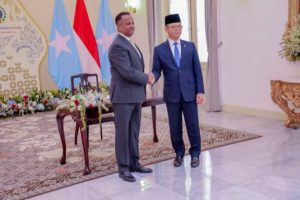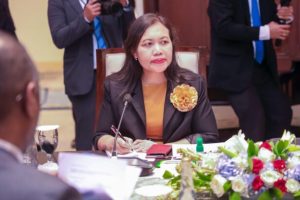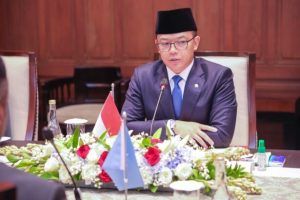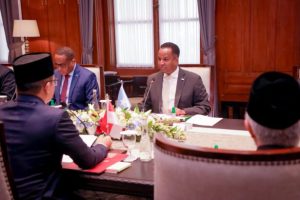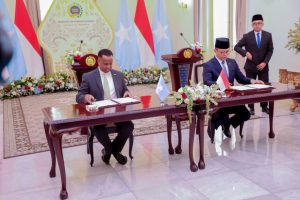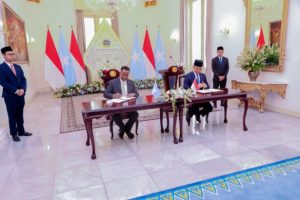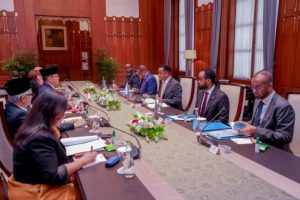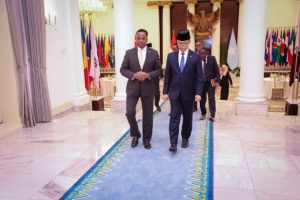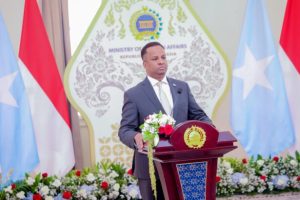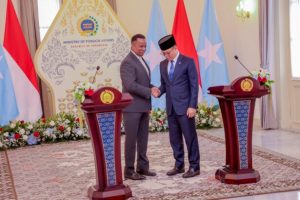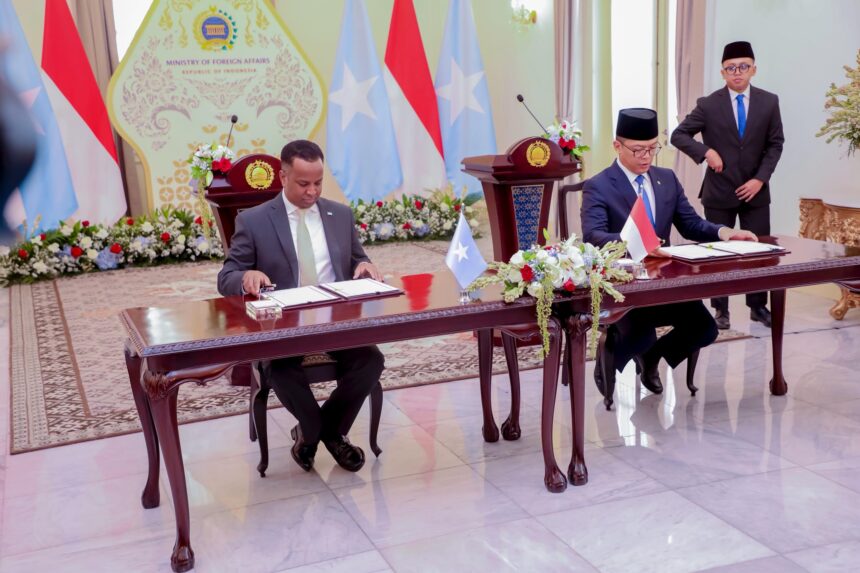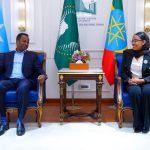Mogadishu, Somalia – Somalia and Indonesia have taken a decisive step to strengthen their diplomatic and strategic relations, culminating in the signing of a significant cooperation agreement. This new accord, which includes visa exemptions for diplomatic and service passport holders, is part of a broader effort to expand Somalia’s international partnerships and enhance its global standing.
The agreement received formal approval from Somalia’s Council of Ministers during its weekly meeting on July 24, 2025. The session, chaired by Deputy Prime Minister Salah Ahmed Jama, focused on a range of measures aimed at facilitating official travel and deepening bilateral ties. The visa waiver is a key element of this, removing visa requirements for government officials from both nations on diplomatic and service-related missions, thereby streamlining official travel and collaboration.
This diplomatic advancement follows a recent high-level meeting in Jakarta between Somalia’s Foreign Minister, Abdisalam Dhaay, and his Indonesian counterpart, H.E. Sugiono. During their meeting on a Thursday in Jakarta, the two ministers discussed a shared vision for strengthening bilateral relations and enhancing cooperation across multiple sectors. Their dialogue laid the foundation for the subsequent formal agreement.
The agreement is a clear signal of both countries’ desire to foster mutual trust and expand collaboration beyond diplomatic protocols. The discussions between the foreign ministers touched on key areas such as trade, agriculture, maritime affairs, and education. Indonesia, in particular, has expressed its hope that Somalia can evolve into a strategic hub for Indonesian products within the vibrant East African market.
The visa exemption is a practical implementation of the strategic cooperation discussed at the ministerial level. It reflects the shared commitment of both Somalia and Indonesia to building a common future through mutually beneficial partnerships. This move is part of a deliberate push by the Somali government to deepen its international relations and establish strong connections with nations in Southeast Asia, thereby diversifying its foreign policy and seeking new avenues for economic and social development.
